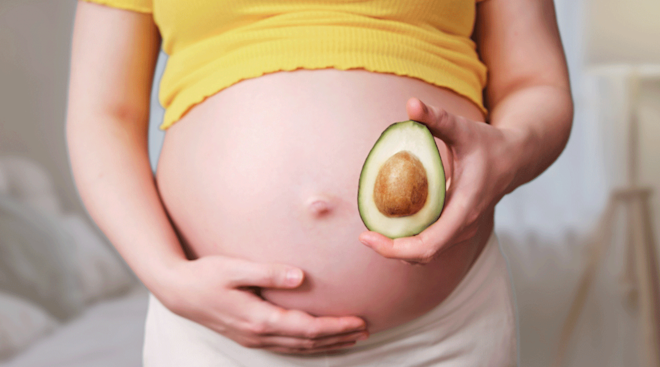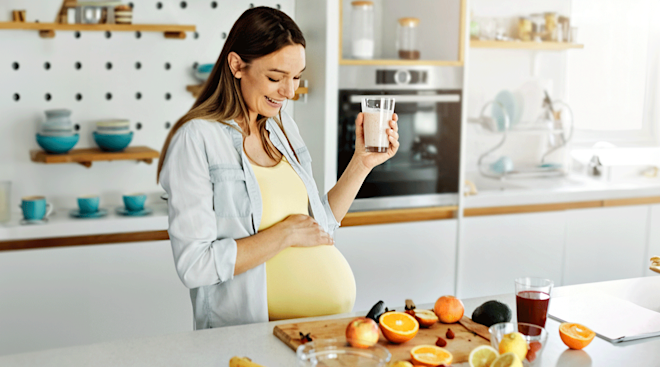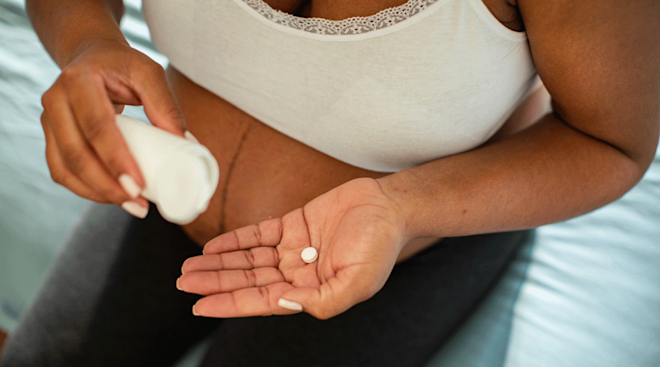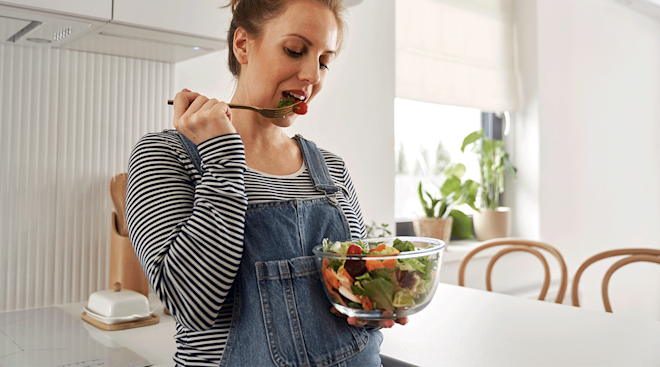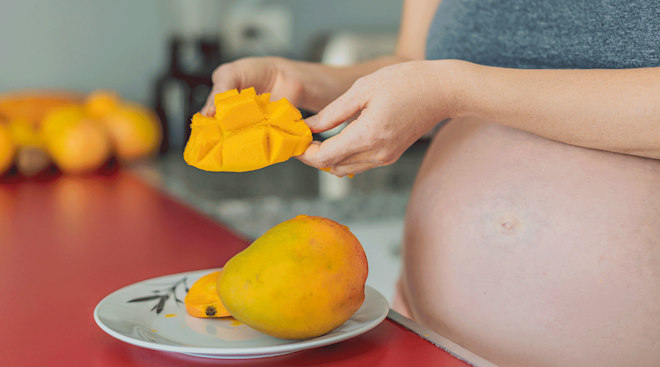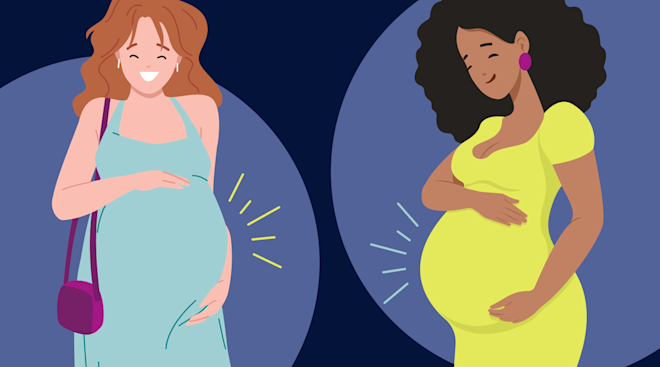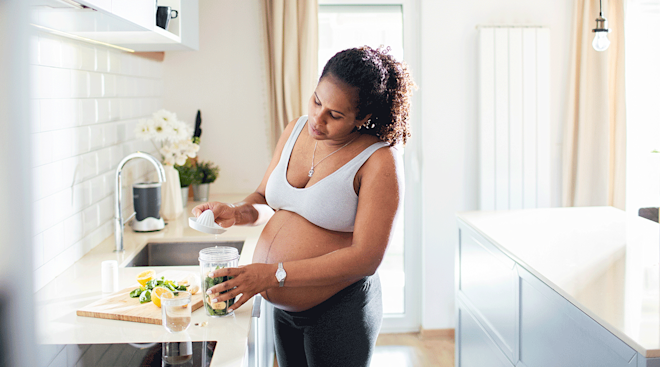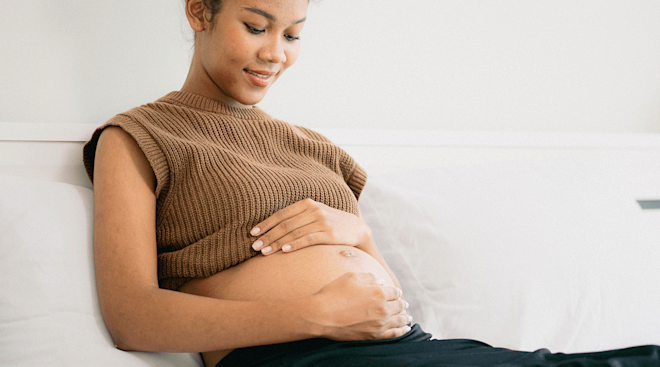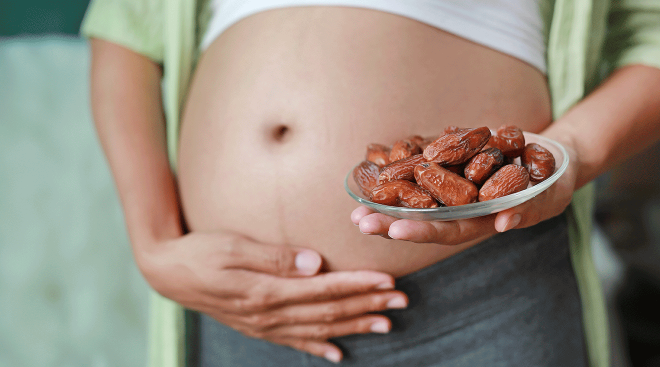Pregnant or looking to become pregnant? We’ve got good news: Researchers at the University of North Carolina at Chapel Hill say you should eat more carbs!
That’s right, if you were looking for an excuse to test that whole “unlimited breadsticks” offer at Olive Garden, now’s your chance. A new study published in the journal Birth Defects Research said that low-carb and no-carb diets should be avoided by women who are attempting to get pregnant or who are already pregnant. First of all, carbohydrates give you energy and serve as an important source of fiber (important when growing a human inside your body). In addition, women who restrict their carb consumption are at least 30 percent more likely to have babies born with neural tube (what eventually becomes the brain and spinal cord) defects that can result in infant death or lifelong disability when compared to women who do not restrict their carbohydrate intake.
“We already know that maternal diet before and during early pregnancy plays a significant role in fetal development,” says Tania Desrosier, research assistant and professor of epidemiology at the UNC Gillings School of Global Public Health, who led the study. “What is new about this study is its suggestion that low carbohydrate intake could increase the risk of having a baby with a neural tube defect by 30 percent. This is concerning because low carbohydrate diets are fairly popular."
The study—the first to link a mother’s carb intake to neural tube deformities in the fetus—looked at data from 11,285 births in Arkansas, California, Georgia, Iowa, Massachusetts, New York, North Carolina, Texas and Utah between 1998 and 2011. Approximately 9,545 mothers went home with infants without birth defects, while 1,740 women had stillbirths and infant deaths due to neural tube defects like spina bifida and anencephaly.
Of course, if you’re gluten intolerant, you can still protect your baby. The focus here was carbs because nearly all breads, cereals, pastas, rice and flours contain folic acid, which is the only thing proven to drastically decrease the risk of neural tube defects. That’s why the CDC recommends every woman of child-bearing age take 400 micrograms of folic acid daily; it’s a good insurance policy since a baby’s neural tube closes between day 49 and 56, around the time when women first realize they’re pregnant. Then, once you know you’re pregnant, the suggested dose jumps to 600 to 800 micrograms. But taking a supplement and eating lots of whole grains, leafy greens, citrus fruits, and some legumes (all of which also contain the super acid) is a good workaround to ensure you’re getting everything your little one needs. And as always, talk to your doctor to come up with a diet and supplement plan that works for you.
Please note: The Bump and the materials and information it contains are not intended to, and do not constitute, medical or other health advice or diagnosis and should not be used as such. You should always consult with a qualified physician or health professional about your specific circumstances.
Navigate forward to interact with the calendar and select a date. Press the question mark key to get the keyboard shortcuts for changing dates.

































